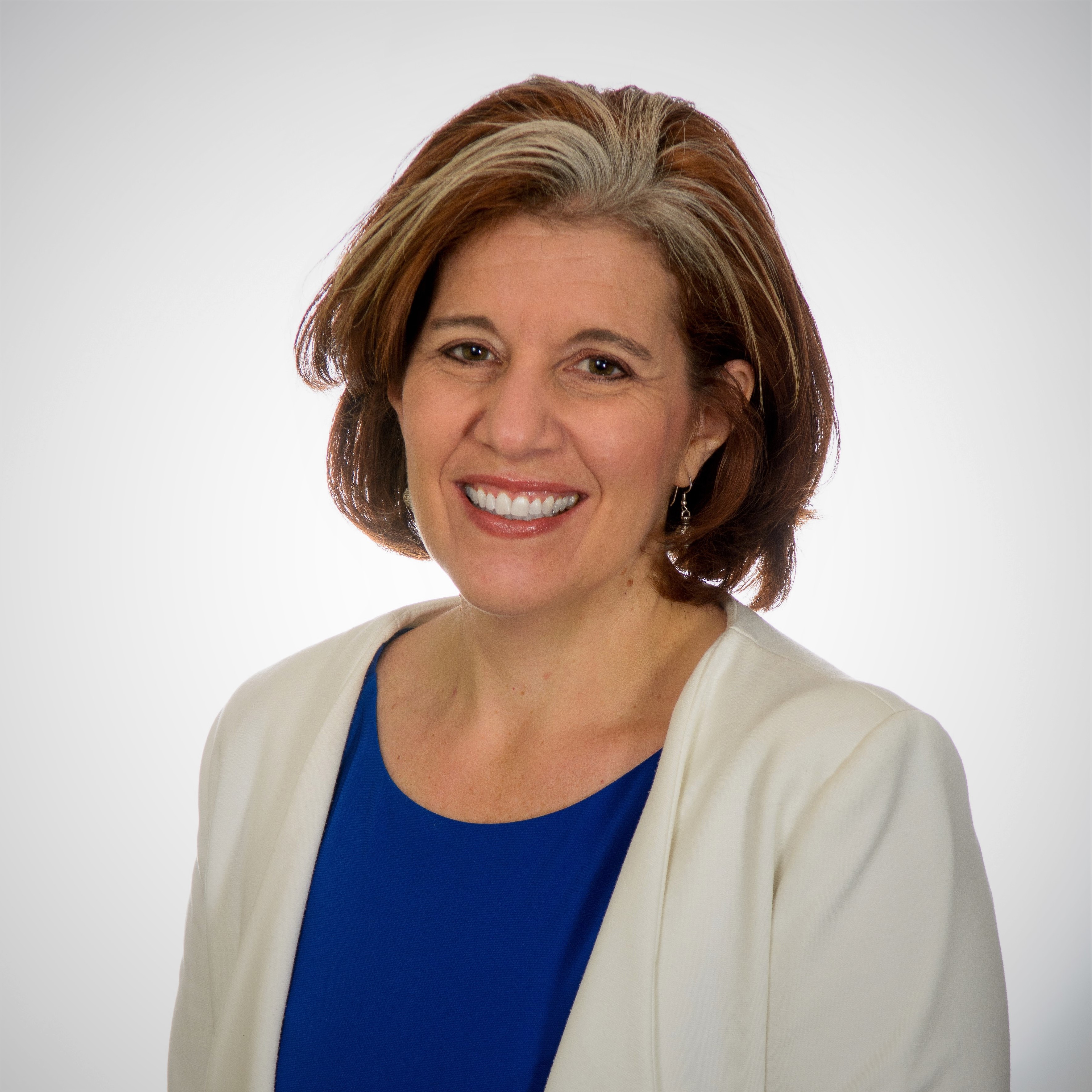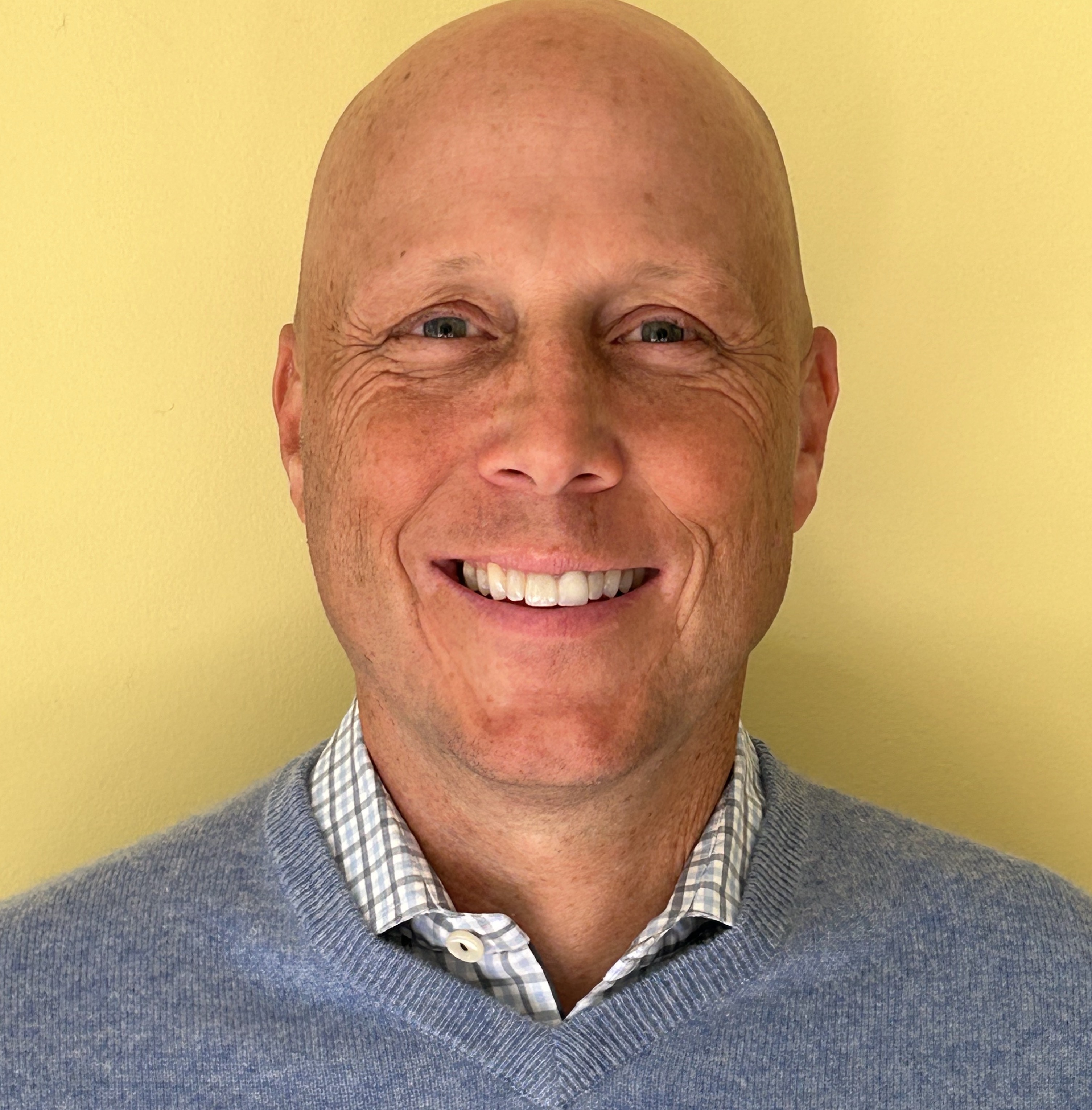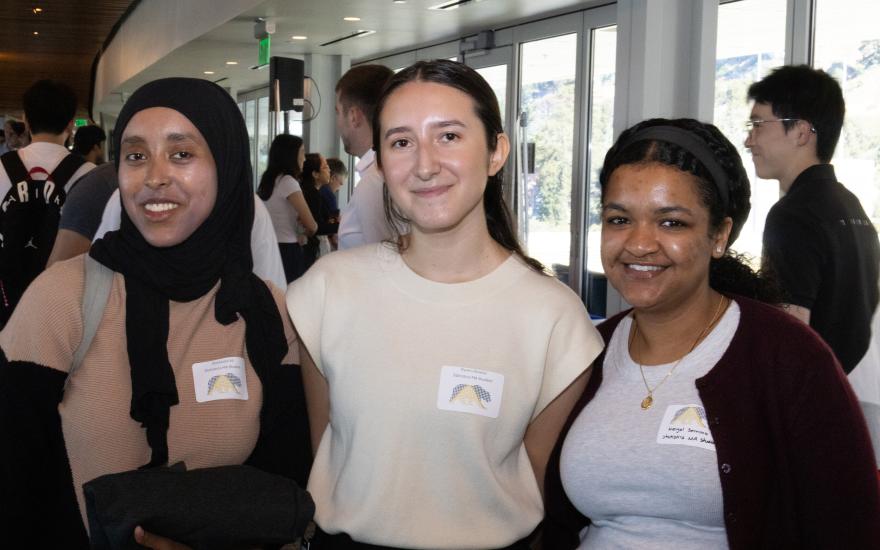Two executive directors have recently joined UC Berkeley’s College of Computing, Data Science, and Society (CDSS) to lead pioneering centers that actualize AI solutions for healthcare and climate change.
Sarah Jones, executive director for the Bakar Institute of Digital Materials for the Planet and Ted Robertson, executive director for the Center for Healthcare Marketplace Innovation, were drawn to the university’s interdisciplinary excellence and real-world impact.
“Berkeley is a great home and is already doing tremendous work shaping how we can integrate artificial intelligence into healthcare,” said Robertson, whose center is shared by the Haas School of Business and CDSS. “There's a lot of people who want this to happen or are thinking about it, and Berkeley has a particular leadership role it can play.”
As artificial intelligence rapidly advances, CDSS is among those leading institutional efforts dedicated to ensuring the latest research and technological discoveries benefit the public. By bringing together experts from disparate fields, industry partners and others, collaborators can apply these techniques to society’s most intractable problems and bring solutions to the market.
These latest hires illustrate the burgeoning startup culture at Berkeley’s first new college in more than 50 years. Approved in May 2023 by the UC Board of Regents, the College of Computing, Data Science, and Society is fostering research centers and collaborations with leading experts and institutions to address climate, health and social justice challenges.
The UC San Francisco-UC Berkeley Joint Program in Computational Precision Health and the Eric and Wendy Schmidt Center on Data Science and Environment, shared with Berkeley’s Rausser College of Natural Resources, also show this trend.
“I'm thrilled to be at Berkeley,” said Jones. “Being in the Bay Area with the entrepreneurial focus, there's a palpable excitement about growing successful companies that can translate scientific discovery into positive outcomes for the world.”
Transforming the physical sciences, unlocking climate solutions
Jones comes to Berkeley with extensive experience in academia and industry. For 17 years, she worked at Arizona State University leading institutes and cultivating interdisciplinary campus and international partnerships. She later served as a vice president at Serva Energy for nuclear medicine technology development.
Now, she’s joined the Bakar Institute of Digital Materials for the Planet (BIDMaP), which is harnessing chemistry and AI to develop materials that transform carbon dioxide into clean energy, turn the air’s moisture into drinking water and accelerate discovery more broadly in the physical sciences. Jones looks forward to combining her favorite parts of industry and academia in the role – turning groundbreaking research into real-world impacts.
“That blending of research, development and commercialization through industry engagement is what attracted me to BIDMaP,” said Jones. “This is going to be transformative.”
Jones was quick to highlight that the institute already has affiliations to best-in-class faculty and stellar postdoctoral students, is producing groundbreaking research, and has successfully run climate and chemistry seminars.
“By bringing together faculty with expertise in computer science, data science and AI with the physical sciences, we are creating a new, powerful methodology that will allow BIDMaP to address the intractable grand challenges associated with climate change,” said Jones. “Many people here engaging with us, whether they’re postdocs or faculty, are motivated and want to be involved in the commercialization of these technologies. We want to continue to support the scientific discovery process and build pathways to give people an opportunity to translate that work.”
In the coming year, Jones plans to work with BIDMaP faculty and college leaders to build on this strong foundation. She’ll work towards hosting a climate symposium in the spring with other groups on campus and begin establishing networks and programming to engage with industry.
Designing effective, trustworthy AI for healthcare
Robertson joins the university from ideas42, the nation’s largest behavioral design firm, where he launched the first behavioral science design teams in government and healthcare. He also recently co-founded the Coalition for Healthcare AI, which sets standards in healthcare for effectively using trustworthy AI.
He’s excited to build on these efforts at the Center for Healthcare Marketplace Innovation (CHMI), which aims to shape the future of AI in healthcare. This is a pivotal moment for this space, Robertson said. Computational techniques have advanced enough for experts to produce useful tools that enhance and act as a partner in human decision-making for healthcare.
“My belief is that artificial intelligence will be at the core of most healthcare processes over the next decade,” said Robertson. “I think we have the ability and also the responsibility to think about how we do that, and to actually make it work for real people.”
Robertson looks forward to the center’s continued progress in the production of high-impact applied economic research and to upcoming opportunities to translate that work into real-world solutions and businesses. CHMI will also begin developing platforms to share its extensive clinical datasets with researchers at Berkeley and elsewhere.
Some of the center’s work will focus on machine learning and generative AI’s abilities to help understand and solve healthcare problems, Roberston said. It will also help lead national conversations shaping the policies, standards and use of effective and trustworthy AI.
“One of the core things that we need to understand and build into all our organizations, is that actually algorithms and computers do what we tell them to do,” Robertson said. “That gives us an enormous amount of agency in designing and building the mix of human and algorithmic decision-making, and the responsibility to ensure that algorithms protect people's privacy, they are effective, and they are fair.”





